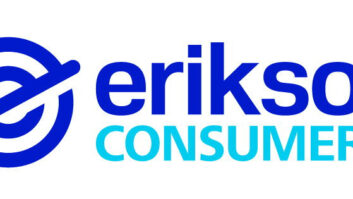Sens. Ed Markey (D-Mass.) and Richard Blumenthal (D-Conn.) aren’t the only ones concerned about smart TV tracking technologies.
According to a recent survey of 1,010 U.S. adults, about a quarter of Americans are worried that their smart TVs are listening in on their conversations. The suspicions are higher among men, millennials and Gen X-ers (27 percent each), and highest for Republicans (30 percent).
Related: Is Your Vizio TV Spying On You?
Harold Li, VP of ExpressVPN, a virtual private network provider that commissioned the study, isn’t surprised. “Americans aren’t just watching ‘Black Mirror,’ they’re afraid some of its plotlines are playing out in real life, thanks to constant news about surveillance and privacy breaches,” he observed.
But the fear doesn’t end there. A parallel poll by personalization marketing firm RichRelevance queried 1,037 U.S. consumers over which digital retailing tools they consider “creepy” and which they deem “cool.” The creepy list was longer:
- smart clothing and wearables that allow retailers to track you in exchange for a discount (creep factor: 76 percent of respondents);
- retail AI programs that choose and automatically order products on your behalf (69 percent);
- in-store facial recognition technology that identifies you and relays your preferences to a salesperson (61 percent);
- virtual assistants that make product suggestions (41 percent);
- customer service chatbots and other AI programs vs. flesh-and-blood support staff (41 percent); and
- AR apps that allow you to view merchandise in a store and provide product information and recommendations (36 percent).
See: Walmart’s Virtual Shopping Tour Is Waiting To Take You Away
Millennials were less creeped out by advanced retail tech than older Americans, more than half of whom considered robot sales associates and fingerprint-scan checkout cool.
According to RichRelevance chief marketing officer Mike Ni, shoppers are generally OK with AI-based data collection, as long as they’re privy to the privacy implications. “Consumers generally know that they are already benefiting from AI, that data is being collected about them,” he said. “But [they’re] also increasingly expecting brands and retailers to be transparent about when, and how, they’re using AI in their interactions with them.”
Short of that, what’s a consumer to do? Perhaps not surprisingly, the answer for ExpressVPN’s Li is … get a VPN. “People are really waking up to the need to take their privacy and security into their own hands,” he said.













